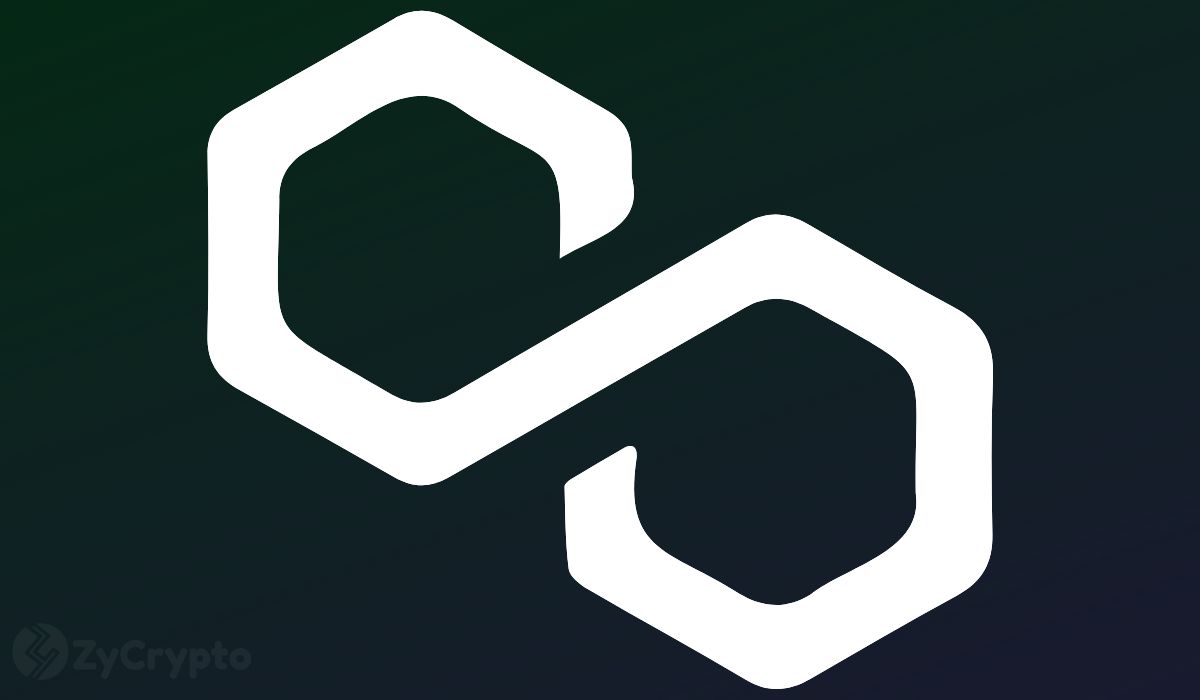Polygon has settled for March 27 as the launch date for the much anticipated zero-knowledge Ethereum Virtual Machine (zkEVM) mainnet beta network.
According to the announcement, although Polygon did not specify what the mainnet beta would entail, it promised to release more details over the next few weeks noting that “security is the highest priority” for the time being.
“Users and devs can expect full transparency about the security measures that will protect the Ethereum community during Mainnet Beta,” read the announcement.
Polygon zkEVM is a groundbreaking technology that aims to increase the speed of blockchain transactions and reduce their cost, like its rivals Solana and XRP, which have faster transaction speeds. Unlike Optimistic Rollups, ZK rollups are unique because they do not have to use the delay period mechanism, which makes transactions slower. Instead, zkEVMs generate cryptographic proofs to process transactions faster before those transactions are sent back to layer 1 networks, in this case, Ethereum.
Notably, unlike other rollups, the design of Polygon zkEVM enables Ethereum to be scaled without resorting to half measures. According to the announcement, Polygon zkEVM aims to preserve the Ethereum ecosystem by helping scale the network without interfering with code or infrastructure.
“Developers can copy-paste code that works on Ethereum and use it to build on Polygon zkEVM without having to change a thing–all Ethereum tooling works seamlessly with Polygon zkEVM. That’s frictionless scaling.”
Since the launch of the upgrade’s testnet in October 2022, Polygon zkEVM has been run through a gauntlet of tests and audits, passing 100% of the Ethereum test vectors that apply to a zkEVM. Accordingly, since October, over 84,000 wallets have been created, 5000 smart contracts deployed, and over 75,000 ZK proofs generated, as per the announcement.
Last week, Mihailo Bjelic disclosed in an interview with Coindesk that they were also exploring ways to bring ZK technology to the Polygon POS chain to strengthen its ecosystem.
“One of the things that we are experimenting with is upgrading the Polygon POS chain to become ZK-secure, so as to include the zkEVM into the Polygon POS chain itself,” Bjelic said.
Meanwhile, following the announcement, MATIC, the native coin for Polygon, jumped over 8% to tap $1.3. Despite plunging over 88% following last year’s crypto winter, MATIC benefited from January’s market-wide recovery, surging over 60%. At press time, the crypto asset was changing hands at $1.31, up 6.15% in the past 24 hours, according to CoinMarketCap data.







